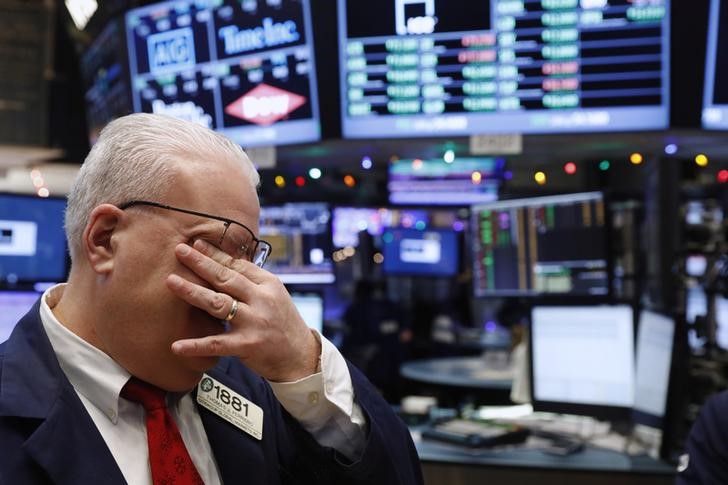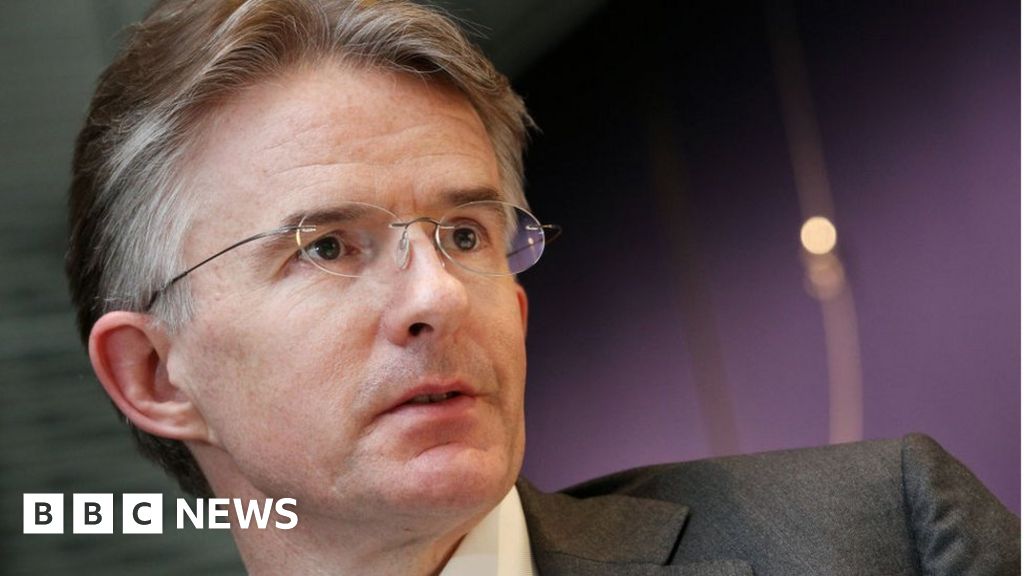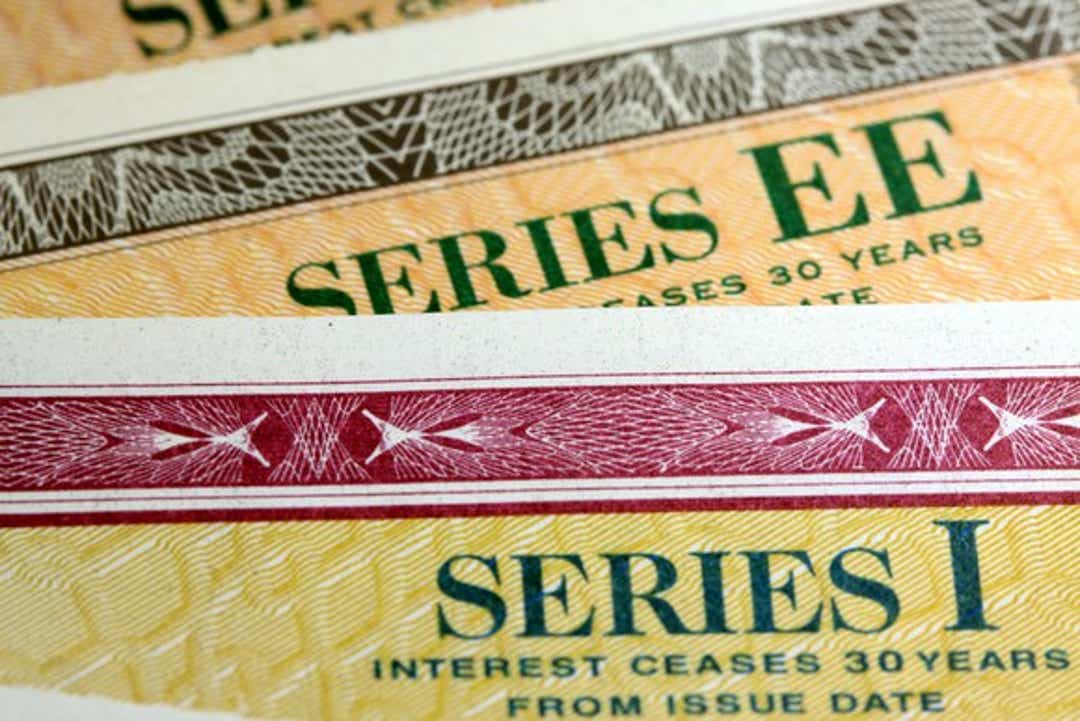Russ Wiles
Arizona Republic
Published 11:22 AM EDT Aug 4, 2019
Much has been made of the stock market's bull-market cycle reaching the 10-year mark recently. But bonds arguably have been on a general upward trend for much longer.
Bond prices have risen, and yields have declined, for most of the past four decades, with only a few significant setbacks along the way. It's not likely this will change any time soon, especially with the Federal Reserve cutting interest rates again.
No wonder investors have poured money into bonds and bond funds, though they should be careful not to become complacent.
Bonds are essentially standardized, tradable loans that investors make to government entities or corporations in return for interest payments or yield. They have been so predictable for so long that investors probably could use a refresher course on the risks.
It also helps to take a fresh look at popular misconceptions about bonds in general and bond funds in particular.
Myth: Bond prices don't fall much
Bond prices have been steady, or rising, for a long time so it's easy to forget that prices can go in either direction. Bonds sometimes do decline, and sharply. For example, long-term government bonds tumbled more than 10% in both 2009 and 2013.
When bond prices fall in unison, it's often because interest rates are rising, as the two move inversely. Bond prices in general have been in a lengthy upswing since late 1981, reflecting the long decline in interest rates and inflation over that span. But higher rates will materialize eventually, and we could be much closer to the long-term lows than to the peaks.
Want a side hustle?: 55% of Americans want a side hustle: Here's how to start
Bond prices also drop when issuers, especially corporations, look like they might have trouble making interest and principal payments. That hasn't happened much lately, after a decade of economic growth. Bond default rates now are less than half their long-term average, noted J.P. Morgan Asset Management.
But credit worries eventually will resurface. When they do, the prices of some bonds will stumble.
At any rate, many investors probably don't appreciate these risks. Both bond and stock investments represent important parts of a balanced portfolio, with bonds providing more income and stability and stocks, more growth potential. But bonds, too, can fluctuate in price.
A lot more cash has flowed into bond mutual funds and exchange-traded funds this year than has been withdrawn, suggesting investors aren't too concerned about the risks. By contrast, investors on balance have pulled more cash out of stock funds, according to the Investment Company Institute, the fund-industry trade group.
Be wary of hoaxes: Don’t Be Duped by These Phone and Email Scams
Bear Market is a term that sends fear into Wall Street and investors. What does it mean? And how does it affect both Wall Street and Main Street? Adam Shell explains.
Myth: Fed cuts will propel bond prices
It's easy to assume that Fed rate cuts help bond investors, but that's not necessarily the case.
The central bank directly affects short-term rates like those paid on bank deposit accounts and money-market funds, as well as rates on credit cards and many other types of loans. Prices for long-term bonds, by contrast, are influenced much more by inflation and inflationary expectations.
Granted, the Fed cuts rates when it thinks the economy could be slowing, like now, and inflation often eases at such times. But if investors perceive that the Fed might stoke inflation by cutting interest rates, they could respond by selling bonds, pushing down their prices.
Over the past decade of economic growth, inflation has been mild, averaging 1.6% annually, owing largely to the modest pace of the expansion, noted Standard & Poor's in a late July report. Even going back 25 years, the number is about the same, 1.7% annually.
This explains why bonds and bond funds still can deliver decent real returns even with yields of just 2% to 6% or so, depending on the category. (Municipal bonds, which pay tax-exempt interest, tend to pay the lowest yields.) But higher inflation, eventually, remains a distinct possibility.
Myth: Funds riskier than bonds
Many investors prefer individual bonds because they know the date when a particular issue will mature, and the price. That's not the case with bond mutual funds, which continually add new holdings to the portfolio and thus don't have a set maturity. Investors who desire the certainty of a fixed pay-off date tend to favor individual bonds.
But that doesn't mean bond funds are necessarily more risky. Portfolios provide more diversification, or safety in numbers, than one or a handful of bonds. If a corporation or municipality got into financial hot water, it wouldn't pull down a diversified portfolio by much. But if you were concentrated in a bond that went belly up, you could lose heavily.
"The vast majority of investors are better served by low-cost mutual funds ... particularly in the case of municipal and corporate bonds," said the Vanguard Group in a report. "Holding an individual bond to maturity primarily confers an emotional, rather than economic, benefit."
Credit risk and the need to diversity aren't so critical with government bonds, especially those issued by the federal government. But they are important with bonds sold by corporations and many municipalities — cities, counties and state governments.
Credit risk is easy to overlook when the economy is expanding, as it has been over the past decade. But it will become more relevant again during the next recession.
Incidentally, it's easy to buy bonds or funds through either full-service or discount brokerages, sometimes with just a few keystrokes on your phone or computer.
With funds, you can buy into a broadly diversified portfolio for just a couple thousand dollars, if not less. Buying a mix of individual bonds requires considerably more money.
Funds also are the more common choices in workplace 401(k) retirement plans.
Myth: Bonds cheaper than funds
This can be true in some cases, but it's difficult to generalize.
With individual bonds, you don't pay portfolio-management fees or other expenses (nor sales charges or "loads," which are levied by some funds). Yet fund costs have declined over the years, especially on index funds and exchange-traded funds.
The typical bond fund now charges 0.48% a year on average — $4.80 for every $1,000 investment — roughly half the level of 20 years ago, according to the Investment Company Institute. Improved economies of scale and increased competition largely explain this improvement, which also has been apparent with stock funds. Many types of bond funds are much cheaper to own, such as fixed-income exchange-traded funds, with average annual expenses of just 0.16%.
Besides, fund managers usually can buy and sell bonds at much lower cost than individuals can, reflecting their greater purchasing power, trading acumen, access to the best issues and so on. Many bonds, especially municipals, carry bid/asked price spreads for retail buyers.
Also, bond-fund managers often can reinvest interest payments more efficiently and quickly. Individuals might need to park those dollars in a low-yielding money-market fund until they have enough cash to buy a new bond. Fund managers don't need to wait.
In short, the differential between individual bonds and cost-effective funds isn't all that wide, and it sometimes favors the latter.
Let's block ads! (Why?)
https://www.usatoday.com/story/money/2019/08/04/bonds-have-been-roll-38-years-but-prices-may-fall-eventually/1915135001/
2019-08-04 15:22:00Z
52780345500872
 © Reuters.
© Reuters.





